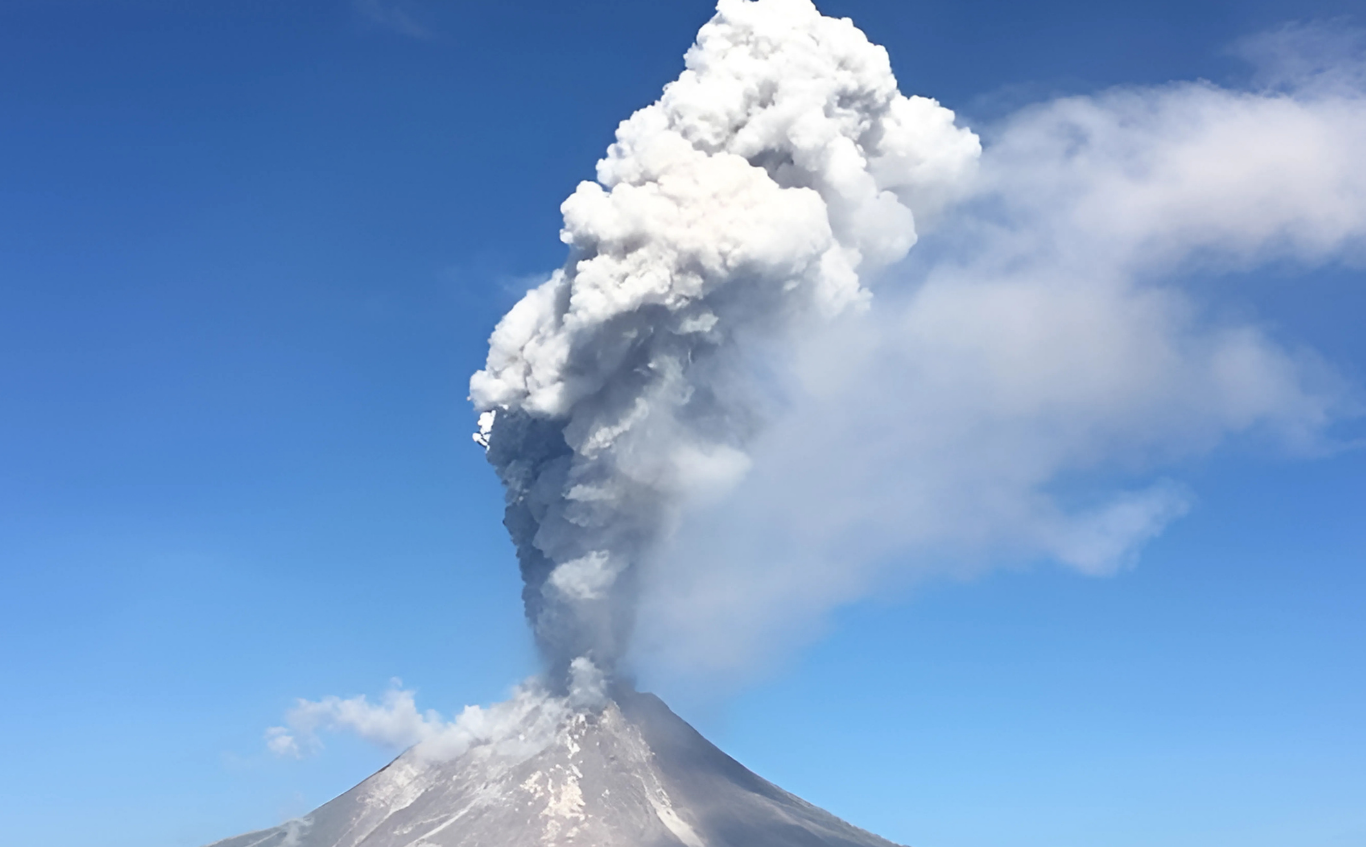
How Volcanoes Are Revolutionizing Agriculture: Basalt Rock Boosts Crop Yields and Cuts Farming Costs
From Destruction to Cultivation: The Surprising Agricultural Benefits of Volcanoes
Volcanoes are typically seen as symbols of destruction—erupting with force, releasing fiery lava, thick ash, and clouds of toxic gases. When dormant, they stand as majestic natural landmarks. But when they awaken, they often wreak havoc, devastating nearby lands and disrupting entire ecosystems. However, modern research has begun to uncover a silver lining—one that could revolutionize agriculture across the globe.
Recent studies have revealed that the cooling remnants of volcanic eruptions, particularly basalt rock, hold immense potential for enhancing soil fertility, boosting crop yields, and reducing the overall cost of farming. This new understanding could offer farmers, especially in regions struggling with soil degradation and climate stress, a powerful tool for sustainable agriculture.
Basalt Rock: A Hidden Agricultural Gem
When lava cools after a volcanic eruption, it solidifies into a dense, dark-colored rock known as basalt. Long overlooked for its agricultural potential, basalt is now being hailed as a natural soil enhancer by researchers at the University of South Australia.
According to the researchers, crushed basalt, when mixed with soil, can significantly improve soil structure and fertility. Basalt is rich in essential minerals such as:
- Phosphorus – vital for root development and flowering
- Calcium strengthens cell walls and aids nutrient absorption
- Magnesium – key for photosynthesis
- Silicon enhances disease resistance in plants
These nutrients not only improve plant health and growth but also increase the long-term productivity of the soil.
Basalt Rock Reduces Soil Acidity
One of the significant challenges faced by Australian farmers is the high acidity of the soil, especially in regions impacted by long-term chemical use and environmental changes. High acidity affects nutrient uptake and reduces overall crop performance.
Crushed basalt has shown significant potential to neutralize soil acidity, acting similarly to agricultural lime. As a result, acidic soils become more balanced, creating a more favorable environment for a wide variety of crops. This natural correction allows for better nutrient absorption, leading to healthier, higher-yielding plants.
Cost-Effective Farming: An Economic Game-Changer
Farming, especially in countries like Australia, is increasingly vulnerable to climate-related losses, including drought, flood, and temperature extremes. Farmers spend thousands each season on fertilizers, pesticides, and soil amendments, only to see unpredictable weather destroy months of labor.
Here lies the true potential of basalt. It is not only abundantly available worldwide but also relatively inexpensive to mine, crush, and distribute. This makes basalt a cost-effective alternative to synthetic fertilizers, which are both pricey and environmentally damaging.
By switching to basalt rock dust, farmers can:
- Reduce dependency on chemical fertilizers
- Lower production costs
- Improve long-term soil health
- Increase sustainability in farming practices
Environmental Benefits: A Step Toward Sustainable Agriculture
Beyond improving crop yields and lowering costs, using basalt rock in agriculture may also support carbon sequestration. When basalt interacts with soil and water, it undergoes chemical reactions that capture and store atmospheric CO₂ in stable mineral forms. This process, known as enhanced weathering, contributes to reducing greenhouse gases, a powerful tool in combating climate change.
Additionally, unlike synthetic fertilizers, basalt dust does not pollute water bodies or contribute to eutrophication. Its slow release of minerals ensures that nutrients remain in the soil for extended periods, reducing runoff and maintaining ecological balance.
A Global Opportunity for Farmers
Though the current study is based in Australia, the implications of basalt use in agriculture are global. Many countries with volcanic activity or access to basalt reserves—including India, Indonesia, the Philippines, Italy, and several African nations—could tap into this low-cost, sustainable resource.
For regions with nutrient-depleted or highly acidic soils, basalt could become a game-changer in achieving food security. It can also help reduce the environmental impact of agriculture while supporting higher yields and greater resilience.
Real Farmers, Real Results: The Next Agricultural Revolution
Pilot programs and experimental trials are already underway in Australia and other parts of the world. Farmers participating in these initiatives have reported:
- Increased soil fertility within months
- Better crop quality
- Reduced need for expensive chemical inputs
- Higher resilience to pests and diseases
These promising outcomes are drawing attention from agricultural scientists, environmentalists, and policy-makers alike, paving the way for the broader adoption of basalt-based farming solutions.
Challenges and the Road Ahead
Despite the overwhelming benefits, several logistical and regulatory hurdles still exist. Transporting crushed basalt to remote farming communities, standardizing mineral compositions, and raising awareness among farmers are key steps that need attention.
Additionally, long-term studies are needed to understand better the cumulative effects of basalt on soil biology, crop rotation, and yield consistency. However, the foundation has been laid for a natural and transformative shift in farming practices.
Volcanoes as a Source of Life, Not Just Destruction
For centuries, volcanoes were feared for their destructive power. But thanks to the growing field of geo-agriculture, the same lava that once incinerated landscapes is now being hailed as a fertility booster and farming ally.
Basalt rock, formed from ancient lava flows, is more than just a geological curiosity—it may well be the key to affordable, sustainable, and climate-smart agriculture in the future. As awareness grows and technology improves, more and more farmers may find themselves turning to this volcanic gift to nourish their soil and secure their harvests.











